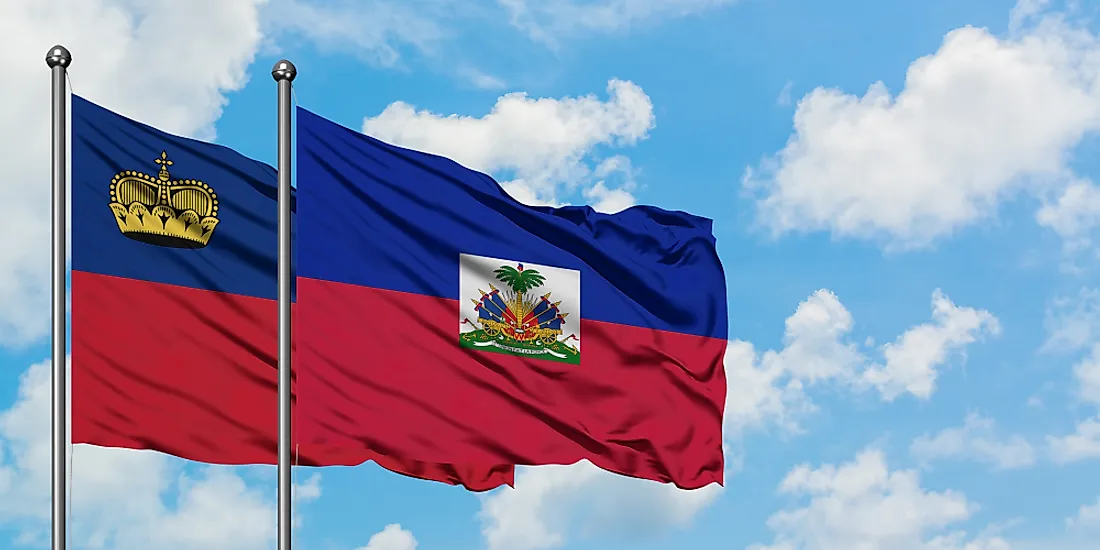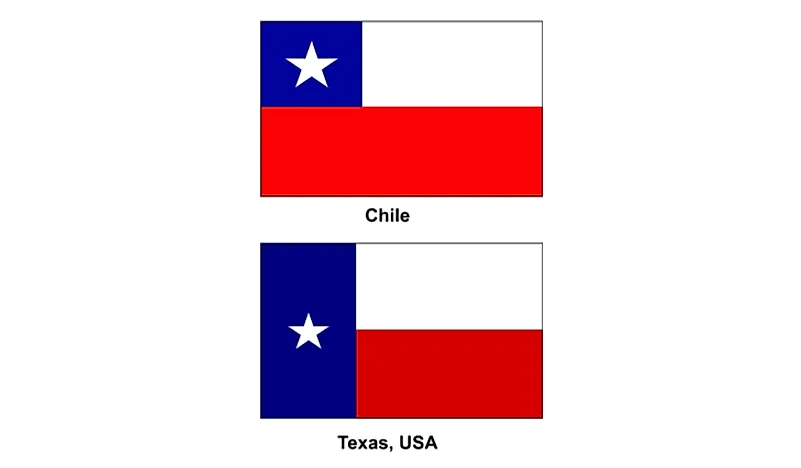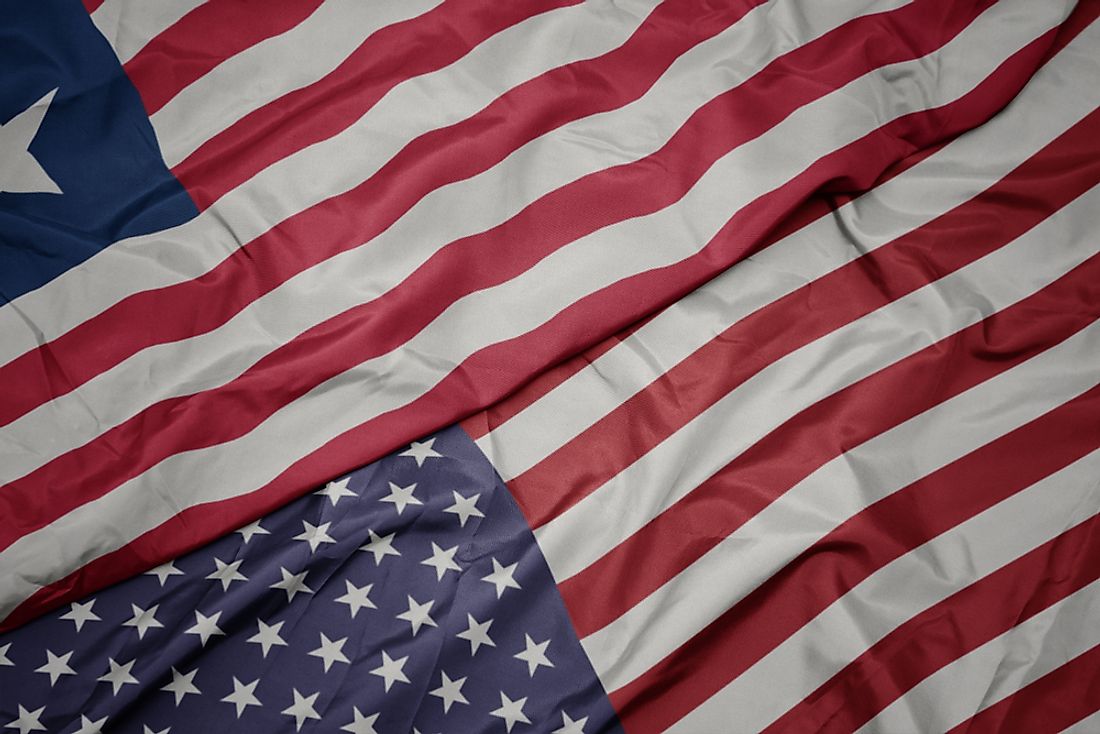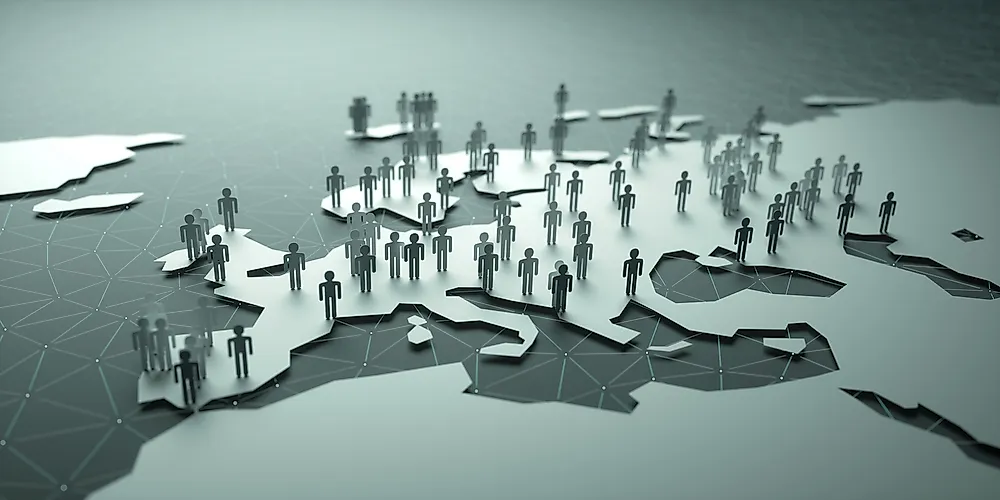The official language of Nigeria is English, but there are over 520 known languages that exist in Nigeria and the surrounding areas. After the United Kingdom had outlawed slavery in 1807, they established a protectorate, known as the West Africa Squadron, in order to combat slave trading. Nigeria was a part of this colony and declared independence in 1960. The 150-plus years of colonial rule established English as the main communication method early in the region and nation's modern history.
As mentioned earlier, English was a communication method introduced by the United Kingdom in the early 1800s. The language has served as a unification tool in terms of the different ethnic groups in the country and the way in which they communicate with one another. Although education, government, and media is conducted in English, the majority of rural inhabitants speak one or more of the ethnic languages on a day-to-day basis. Urbanites in Nigeria use English as these cities are made up of a diverse mix of ethnicities and languages.
Nigerian English has specific phrases that are unique to the area, such as "wetin dey" which means "what's up?". "How far na" is a common greeting in Nigeria, and means "how is everything?". "Abeg", means please and "I no sabi", is a way to state "I do not understand".
Many of the vast numbers of minority languages have evolved from the Afro-Asiatic or Niger-Congo language families. Hausa, Yoruba, Igboid, and Gur are just four of the 520 languages spoken. Nigerian Sign Language is also an important method of communication and was introduced in 1960.
This page was last modified on May 1st, 2018
More on Graphicmaps

Published on 2019-11-06
What is a Trade Embargo?

Published on 2019-11-04
Which Two Countries Used to Have the Same Flag?

Published on 2019-09-16
What Is the Only Two-Sided State Flag?

Published on 2019-09-16
Which Country Flag Looks Like the Texas Flag?

Published on 2019-08-29
Flags That Resemble the US Flag

Published on 2019-08-20
